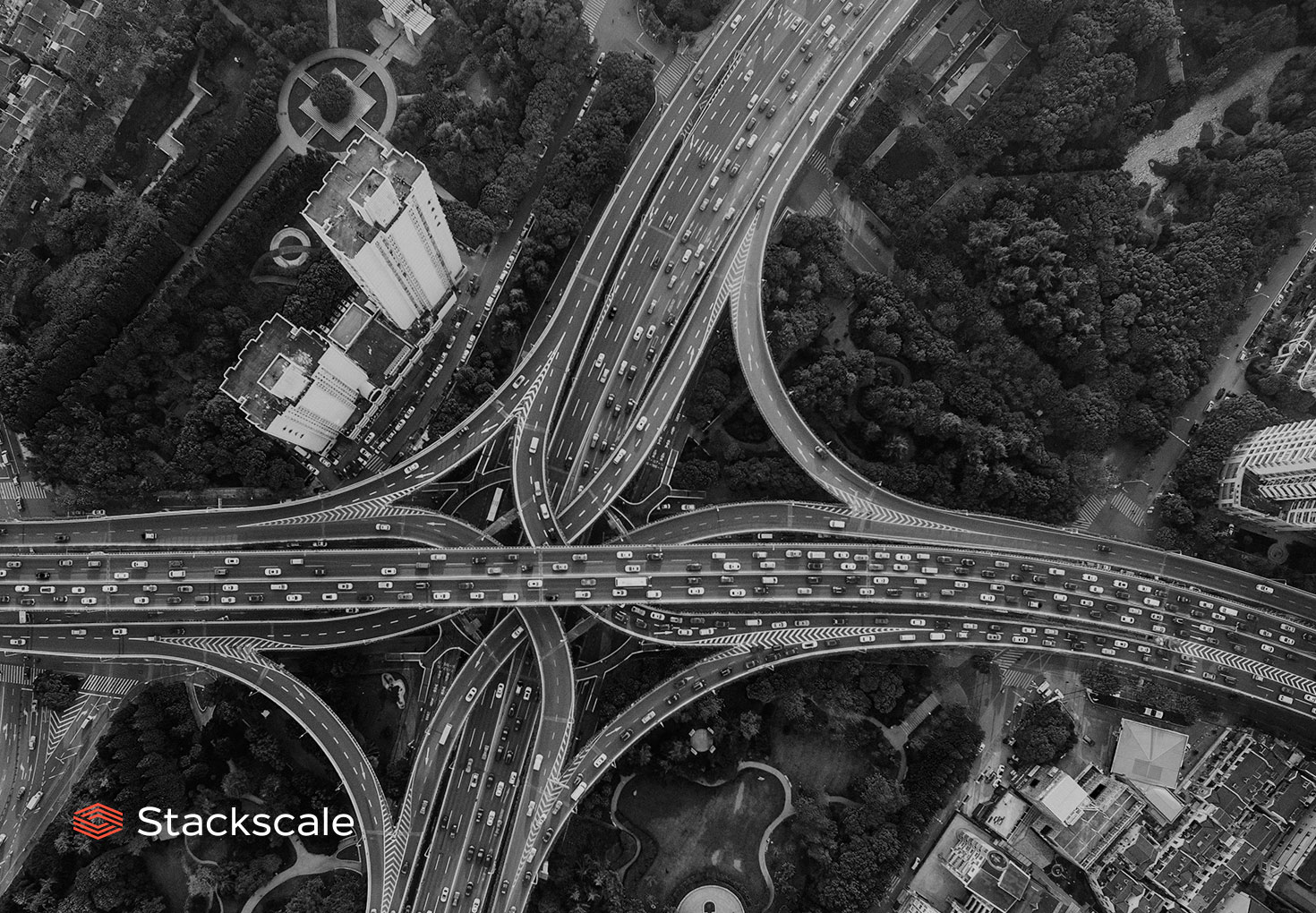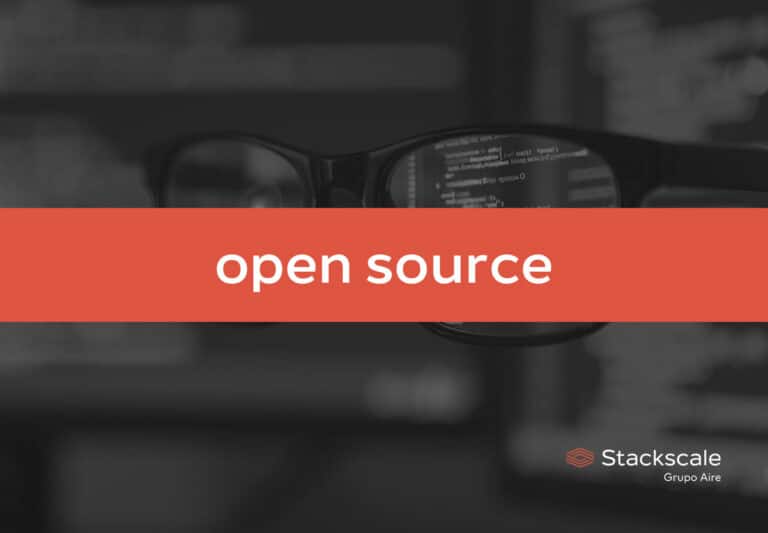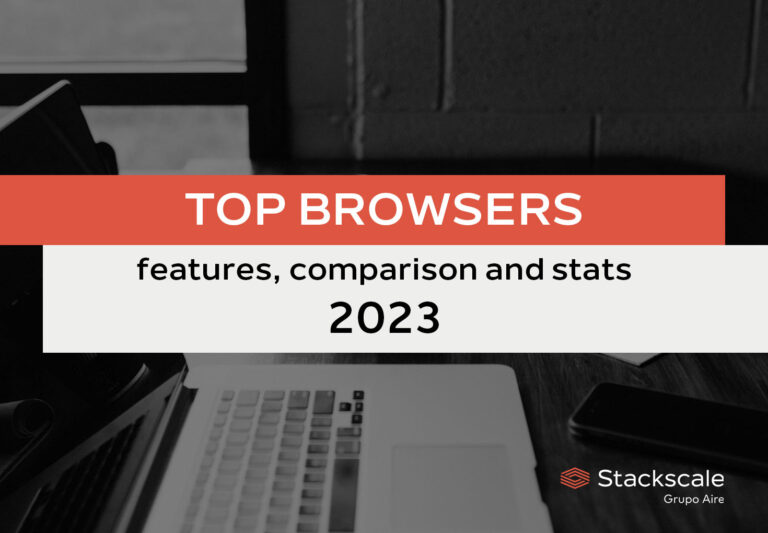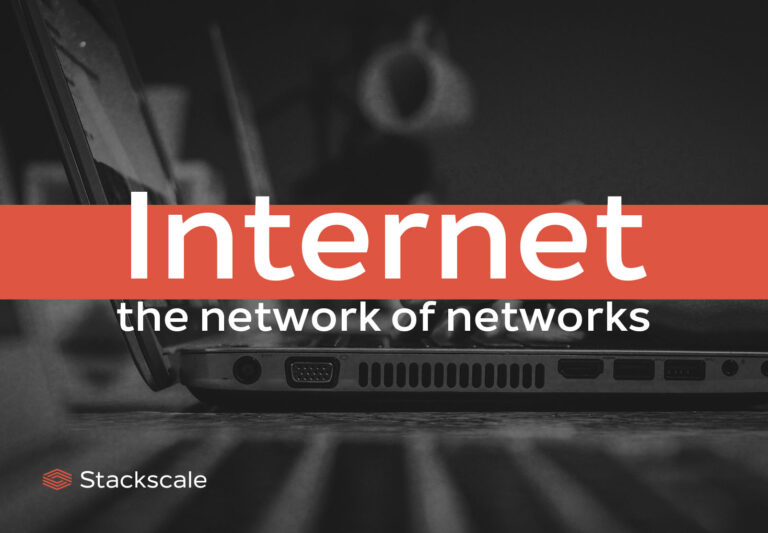Last July 23rd, 2021, the Cyberspace Administration of China and the office of the Central Cyberspace Affairs Commission announced its plan to accelerate the adoption and application of the IPv6 protocol over the next 5-10 years. The plan is divided in three stages and is to be completed over the next decade. With these timeline and objectives, China aims to become the world’s leader in IPv6 adoption.
Accelerating the large-scale deployment and application of IPv6 in China
The transition from IPv4 to IPv6 is necessary for technological advancement. The number of addresses the IPv4 protocol offers has become insufficient for the current number of worldwide devices connected to the Internet. However, IPv6 adoption is taking place at a really slow pace and IPv4 still routes most of the Internet traffic.
China’s plan to accelerate IPv6 deployment and application is divided in 3 stages, to be completed from now to the end of 2030. Let’s see the main milestones to be accomplished during the different stages.
First stage: from 2021 to the end of 2023
By the end of 2023, the plan expects to have considerably boosted IPv6 adoption. Some of the goals to be accomplished by the end of 2023 are:
- 700 million active IPv6 users.
- 200 million IoT IPv6 connections.
- Network IPv6 traffic at 50%.
- Metropolitan IPv6 network traffic at about 15%.
- An advanced and independent IPv6 technology, industry, facilities, application and security system must be almost entirely developed.
- Major domestic CDNs, data centers, cloud services and DNS’ IPv6 transformation should be complete.
- IPv6 should be enabled and supported by default in newly listed home wireless routers.
- New network addresses can no longer use private IPv4 addresses.
- A significant number of government websites above the county level, major domestic commercial websites and mobile Internet apps should already support IPv6.
Second stage: from the end of 2023 to the end of 2025
By the end of 2025, the plan expects to have fully established an advanced and independent IPv6 technology, industry, facilities, application and security system. Some of the goals to be accomplished by the end of 2025 are:
- 800 million active IPv6 users.
- 400 million IoT IPv6 connections.
- Mobile network IPv6 traffic at 70%.
- Metropolitan IPv6 network traffic at about 20%.
- All new networks, applications, terminals, platforms and industries must deploy IPv6 single-stack.
- All government websites above the county level, major domestic commercial websites and mobile Internet apps should fully support IPv6.
Third stage: from the end of 2025 to the end of 2030
Over the five years following the second stage of the plan, IPv6 is expected to be integrated in all industries and economic and social sectors. Besides, the transition to IPv6 single-stack should be completed. The goal of this 5-10 years plan is clear: leading the adoption of the IPv6 protocol worldwide.
IPv6 is the long-term solution to the exhaustion of IPv4 addresses. That is why, from its foundation in 2012, Stackscale has been a leader in the adoption and implementation of IPv6 on its network.
Sources: Brandergroup and the Cyberspace Administration of China and the office of the Central Cyberspace Affairs Commission’s notice.




